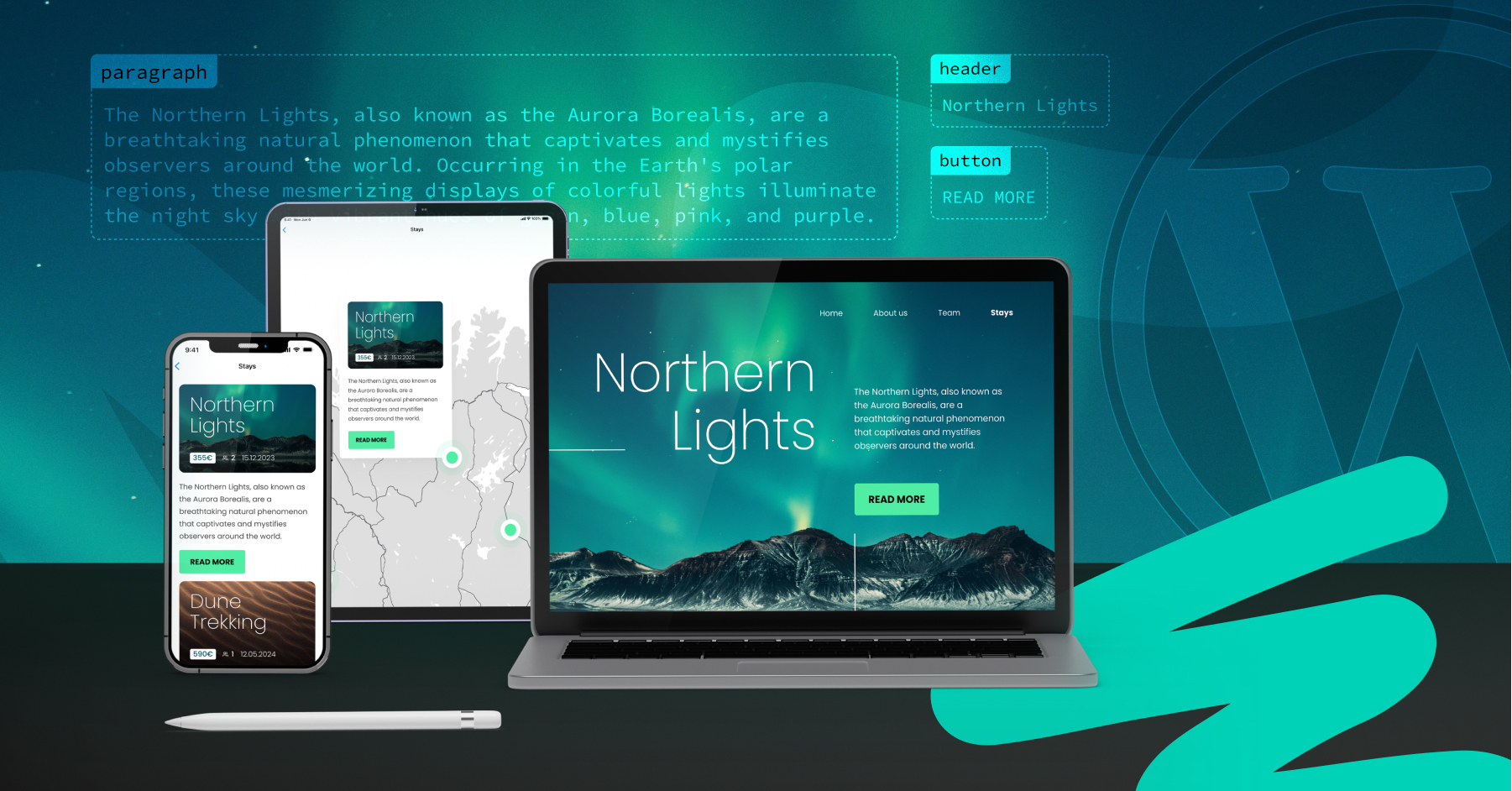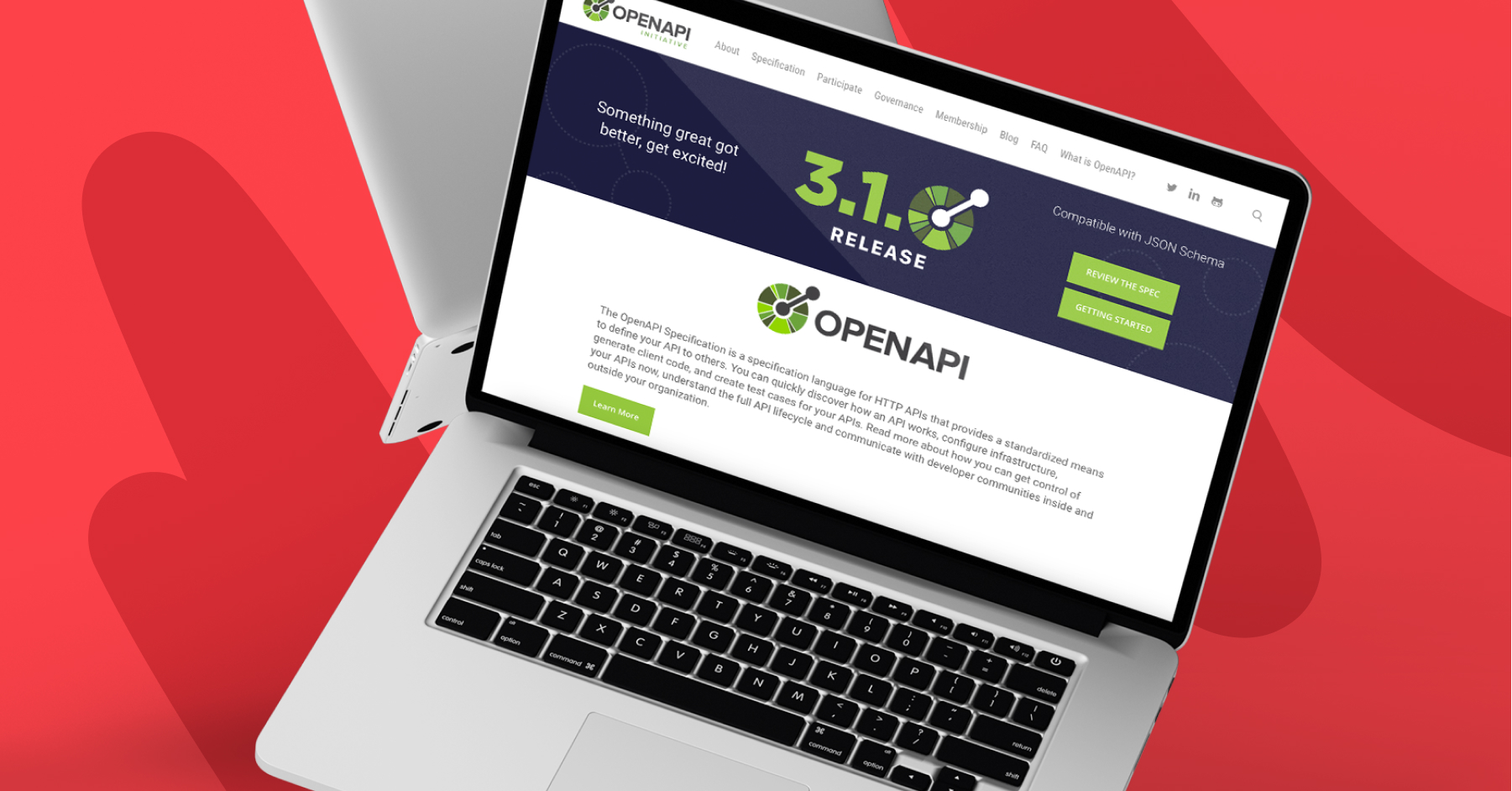-

4 benefits of a hybrid headless CMS with WordPress
The era of pure headless CMSs for complex sites is over. But now that the headless hype has worn off, what’s next for enterprise platforms? Enter hybrid solutions. WordPress, offering both traditional CMS-driven templates and headless capabilities, is the perfect solution. In our latest guide, WordPress in 2025, we explore key trends shaping the CMS…
-

Headless architecture: should your website use it?
There’s a lot to consider before deciding whether or not headless architecture is the best choice for your specific requirements, but our handy decision tree can help you tick some of the biggest boxes. What’s the big deal about headless architecture? Why would you consider going headless in the first place? There are a few…
-

Open API options for headless WordPress
Considering headless architecture for your WordPress site? First, you’ll need to know your options for headless WordPress Open APIs. What is an Open API? Open APIs are publicly available application programming interfaces (APIs) that give developers access to proprietary software information that they can make use of in their own software and applications. REST is the ideal architecture for…
-

Headless hype – is it the right CMS type for publishers?
As digital publishing organisations evolve, their online presence and the way they deliver content also evolves. In recent years, ‘headless’ has become a popular buzzword in the digital world. However, deciding whether to build a headless CMS or stick with a traditional CMS isn’t so straightforward. The additional costs and resources required to develop a…